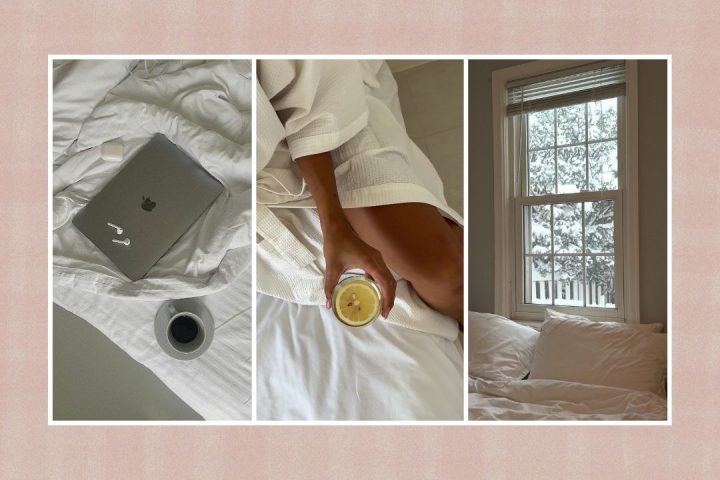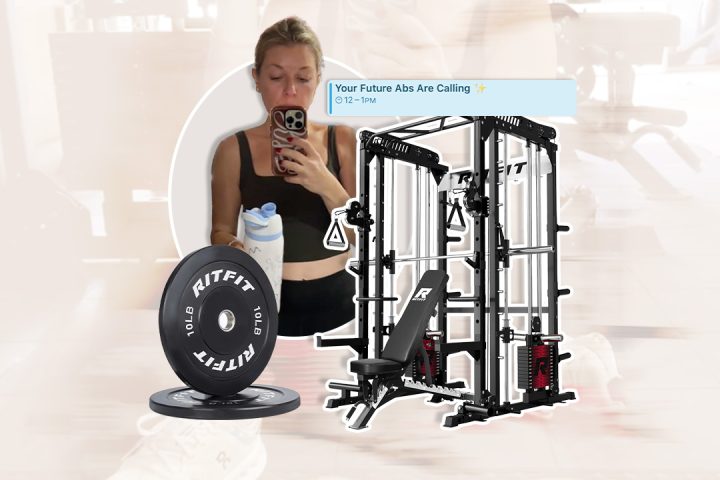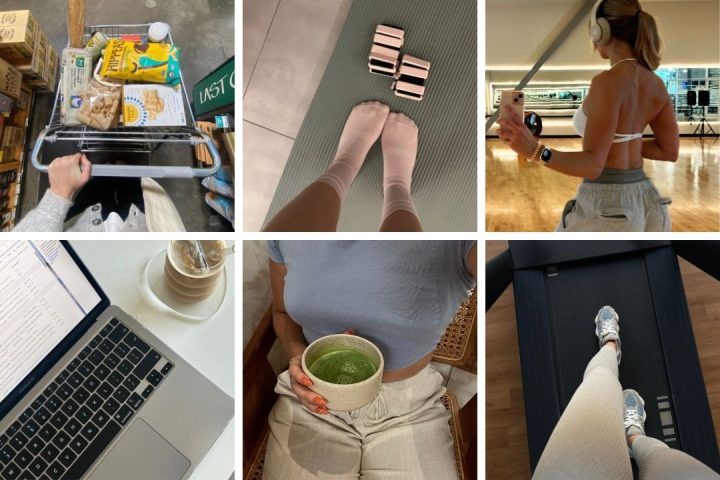In our habit-stacking, 5 a.m.-morning-routine, supplement-obsessed world, we’re all just looking to maximize our time. For most of us, it’s a constant battle of what we can prioritize each week, and with such busy lives, it’s easy for fitness to take a back seat. This seems to be especially true for women. Despite making serious gains (no pun intended) in fitness spaces over the years, we still aren’t closing the gap when it comes to clocking in physical activity. That’s right—we not only have a gender pay gap (as of 2025, women collectively earn 17 percent less than men) and an orgasm gap, but we also have a fitness gap where women have less time to work out and therefore get less exercise than men. But after a lot of bad news for the girls, we have some good news: A new study found that the benefits of exercise for women exceed those for men (how’s that for a leg up?).
The Study
This observational study published in the Journal of the American College of Cardiology looked at how the benefits of regular physical activity vary between the sexes. They tracked the habits and health outcomes of over 412,000 adults over two decades, finding that women who were regularly active had a lower risk of both heart disease and all-cause mortality than their male counterparts. This was true regardless of their activity of choice and the frequency, duration, or intensity of that exercise.
They also noticed that women could derive equal or greater benefit from performing less activity than their male counterparts. For example, women who went to the gym and lifted once a week lowered their risk for all-cause mortality just as much as the men who went three times a week. The women who went three times a week had twice the reduction in all-cause mortality.
“If simply the knowledge that you’re getting more long-term benefits from your weighted squats than the man grunting next to you gives you even the slightest boost of motivation, I say lean in.”
Why This Study Matters
Can this help close the gender gap?
Despite a significant rise in women in the gym over the past few years, fitness spaces often still feel male-dominated. The other (sadder) truth is the aforementioned fitness gap: Despite all the progress made by women in the fitness industry, the study also confirmed that women are still exercising significantly less than men. The potential reasons for this are long enough to warrant another article—distribution of labor, wage gaps, diet culture, persistent toxic rhetoric, etc.—but the fact is that this gender gap persists.
A major potential reason is that, historically, the gym just wasn’t for us. For decades, gym bro culture dominated workout spaces, while women were more scared of getting bulky than living sedentarily. Fitness for women (when we have the time and/or energy to fit it in) meant minimal-effort machines (in the 1920s) or dance-inspired classes (in the 1980s) with the intention of losing weight, not getting strong. It wasn’t really until this decade that women adopted weight training or strength as a goal. The authors of the study hope that their findings can play a part in motivating more women to prioritize movement in their daily routines.
Do more benefits mean more motivation?
With all the confusing and conflicting advice about how, when, and why we should be moving our bodies, it’s not surprising that many women are opting out from overwhelm. Decision fatigue is real, and that goes for our workout routines. It’s easy to lose sight of the “why” when it comes to exercise because we’re so overwhelmed by the “what.” But ultimately, moving your body in any way has incredible benefits not only for your mental health and confidence but also for your long-term health, longevity, and cognitive functioning. At the end of the day, that’s what it’s all about. If simply the knowledge that you’re getting more long-term benefits from your weighted squats than the man grunting next to you gives you even the slightest boost of motivation, I say lean in.
ABOUT THE AUTHOR
Abigail Moseman, Social Media Assistant
As the Social Media Assistant, Abi works with the Social Media Editors to ideate and create content, and build community across all of The Everygirl’s social channels. She is also a group fitness instructor at Equinox.
Source: Cosmo Politian











